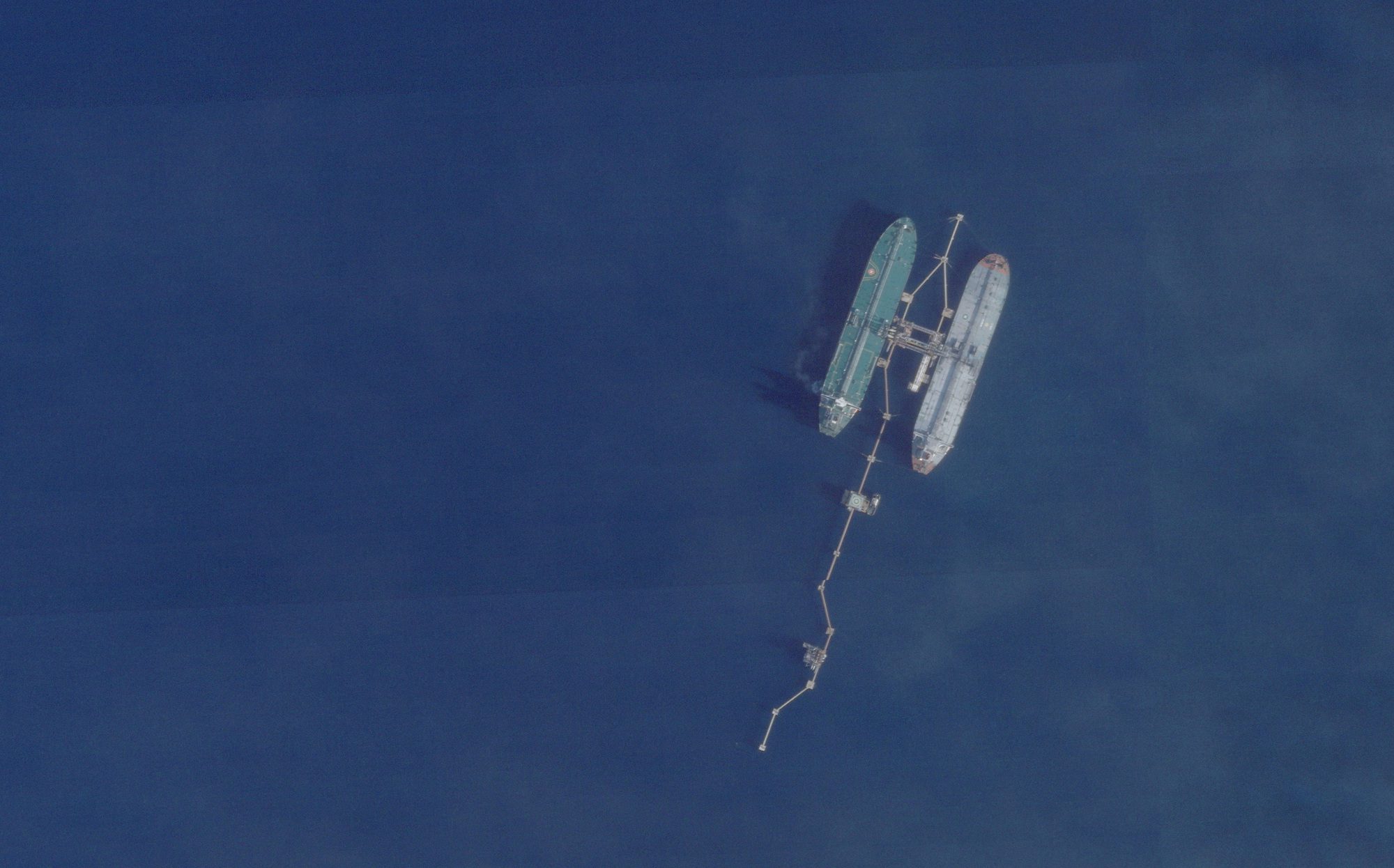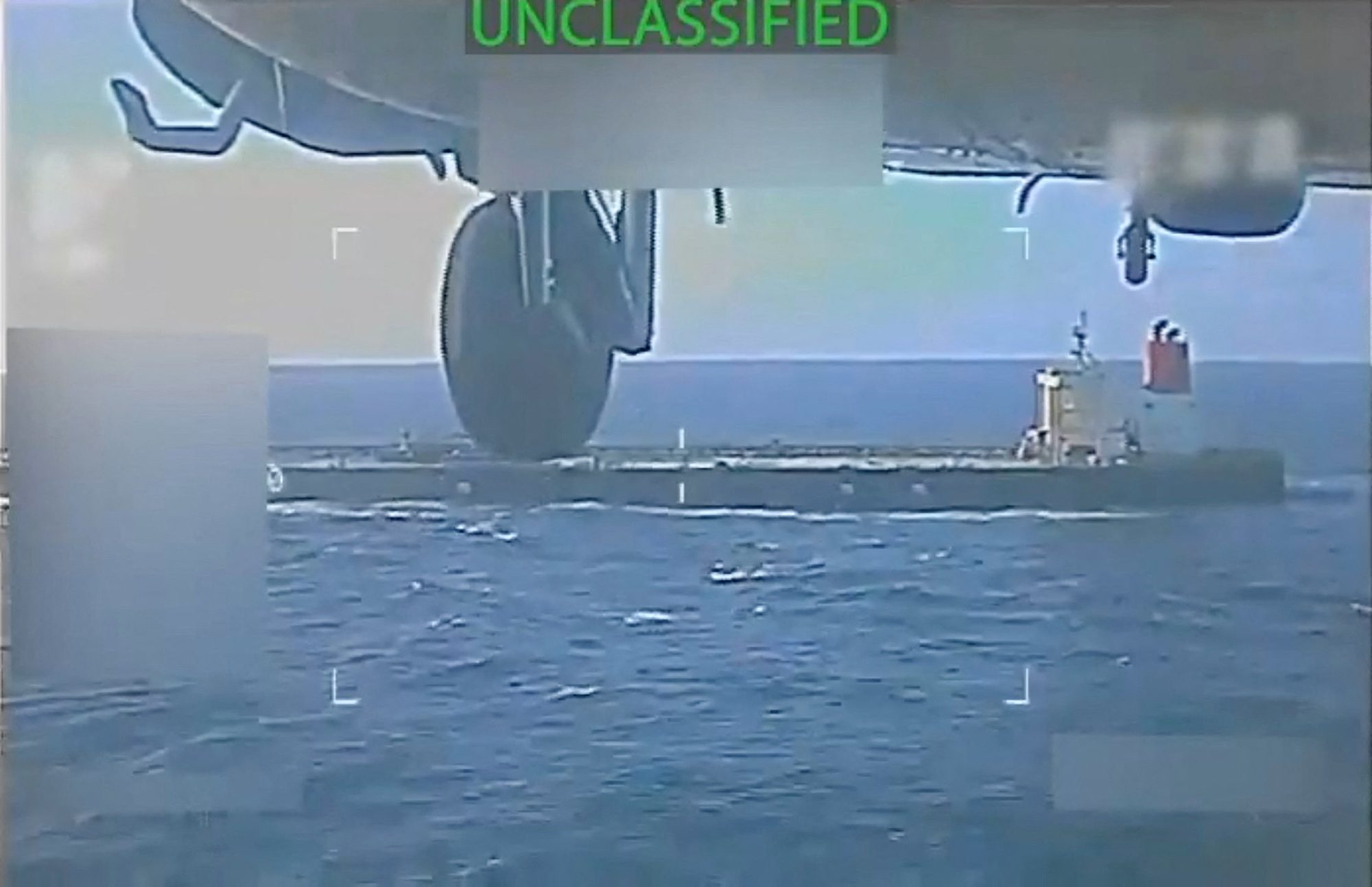(Bloomberg) —
Russia is facing a deficit of ice-class cargo vessels for its gigantic Northern Sea Route project as the nation cannot build the fleet on its own, according to Deputy Prime Minister Yury Trutnev.
Russian shipyards have the capacity to construct only 16 more Arctic cargo vessels by 2030 out of at least 70 needed, Trutnev, who also represents the Kremlin in the nation’s Far East, said at a governmental meeting on Arctic development held this week.
In addition, high borrowing costs for domestic projects to build ice-breakers are making Russia’s tariffs for vessel escort across the Northern Sea Route uncompetitive, he said.
All these issues are hampering Russia’s Arctic ambitions just as “a whole range of countries are increasingly more interested in unimpeded transportation along the conduit,” Trutnev said.
The Northern Sea Route stretches some 5,600 kilometers along Russia’s coast between Norway and Alaska, offering a shorter passage to Asia than the Suez Canal. As navigation through the icy waters is becoming easier amid climate change, Russia has been implementing its plan to boost Arctic cargo flows to as much as 220 million tons a year by 2035, mainly thanks to new oil and gas projects.
However, western sanction imposed after the Kremlin’s invasion in Ukraine have slowed down Russia’s Arctic greenfields and restricted the nation’s access to foreign shipyards, limiting its options for seaborne exports, especially in winter when conventional vessels can’t cross the conduit.
As a result, Russia now projects the total 2024 cargo flows via the Northern Sea Route at around 40 million tons, only a half of the original target.
“Further growth of shipments via the Northern Sea Route depends both on availability of ice-class tankers and progress at the Arctic projects,” said Viktor Kurilov, senior oil markets analyst at consultant Rystad Energy A/S.
Russia has as many as 100 ice-class vessels able to carry Arctic cargoes, according to estimates from Moscow-based consultancy Yakov and Partners. However, only 27 of these ships — including 15 LNG tankers, seven oil tankers and five container ships — are of the Arc6 or Arc7 class that allows year-round navigation through thicker winter ice, according to Valdis Plyavinsh, an expert at Yakov and Partner’s analytical center.
Russia’s original Arctic development plan envisioned two projects – Rosneft PJSC’s Vostok Oil and the Arctic LNG 2 plant led by Novatek PJSC – providing the bulk of new cargo volumes for the Northern Sea Route through 2035.
However, western sanctions prevented Arctic LNG 2 from receiving ice-class vessels it ordered in South Korea. The Russian Zvezda shipyard has already launched at least three out of 15 LNG carriers for the project but so far only one of them has signaled readiness for sea tests. Originally, Zvezda was supposed to provide the first tanker to Arctic LNG 2 in March 2023.
Rosneft’s Vostok Oil greenfield was set to add as much as 30 million tons of new cargo flows for the Arctic route this year, yet oil output at the project is still at the test stage.
“The onshore shipment network for Vostok Oil has not been completed, construction of the fleet for the project hasn’t even started,” said Mikhail Grigoriev, director of Gecon consultancy and an invited expert on Russia’s State Council commission on Arctic development.
Rosneft, Zvezda, Novatek and Arctic LNG 2 didn’t respond to Bloomberg requests for comments on the progress of their projects and expansion of their ice-class fleet.
© 2024 Bloomberg L.P.

 Join The Club
Join The Club









